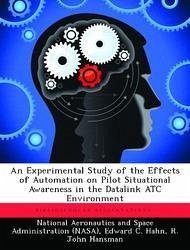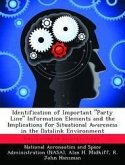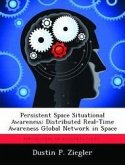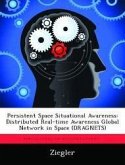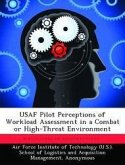An experiment to study how automation, when used in conjunction with datalink for the delivery of air traffic control (ATC) clearance amendments, affects the situational awareness of aircrews was conducted. The study was focused on the relationship of situational awareness to automated Flight Management System (FMS) programming and the readback of ATC clearances. Situational awareness was tested by issuing nominally unacceptable ATC clearances and measuring whether the error was detected by the subject pilots. The experiment also varied the mode of clearance delivery: Verbal, Textual, and Graphical. The error detection performance and pilot preference results indicate that the automated programming of the FMS may be superior to manual programming. It is believed that automated FMS programming may relieve some of the cognitive load, allowing pilots to concentrate on the strategic implications of a clearance amendment. Also, readback appears to have value, but the small sample size precludes a definite conclusion. Furthermore, because textual and graphical modes of delivery offer different but complementary advantages for cognitive processing, a combination of these modes of delivery may be advantageous in a datalink presentation.
Hinweis: Dieser Artikel kann nur an eine deutsche Lieferadresse ausgeliefert werden.
Hinweis: Dieser Artikel kann nur an eine deutsche Lieferadresse ausgeliefert werden.

